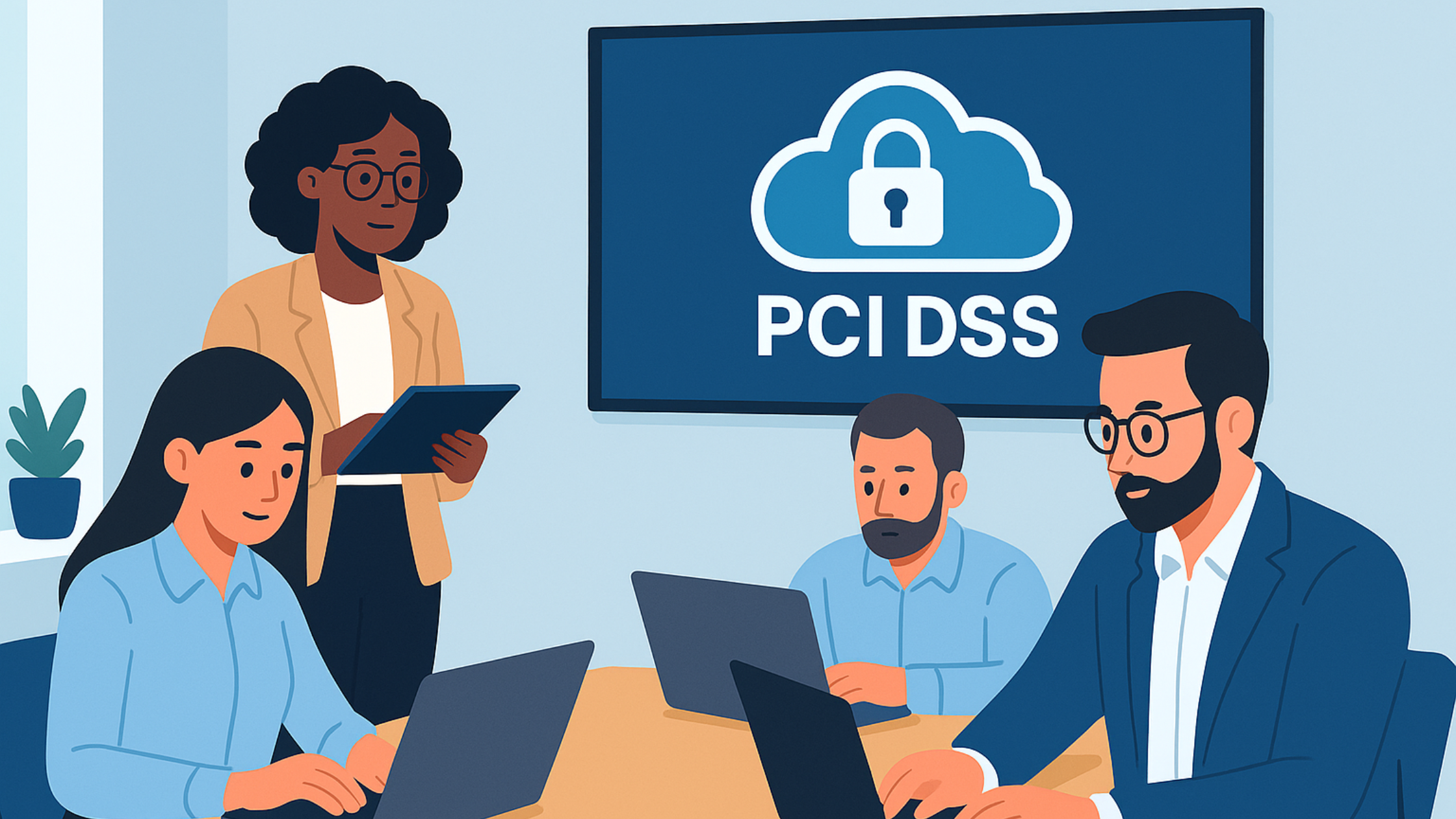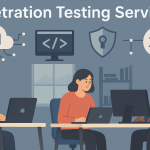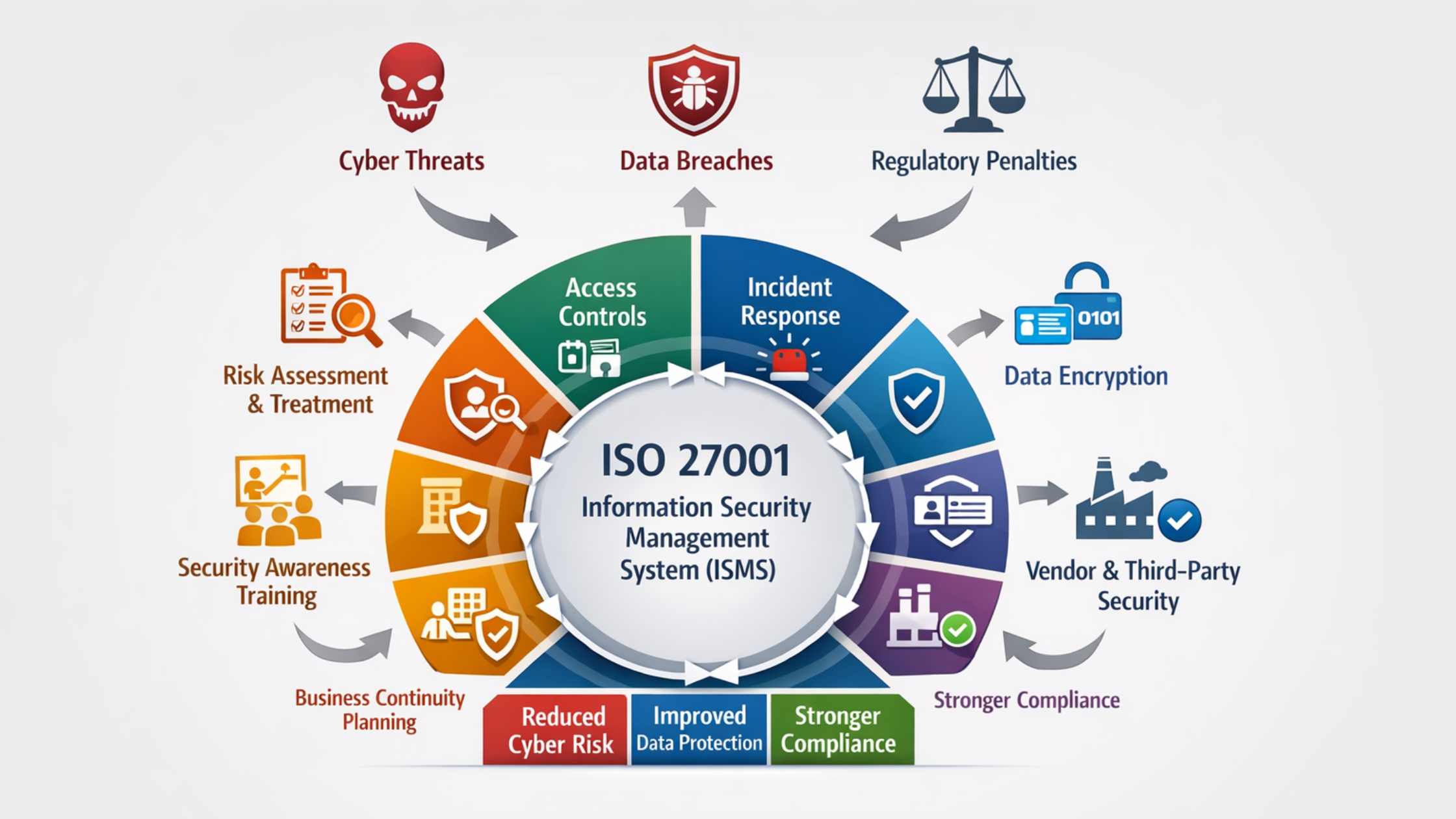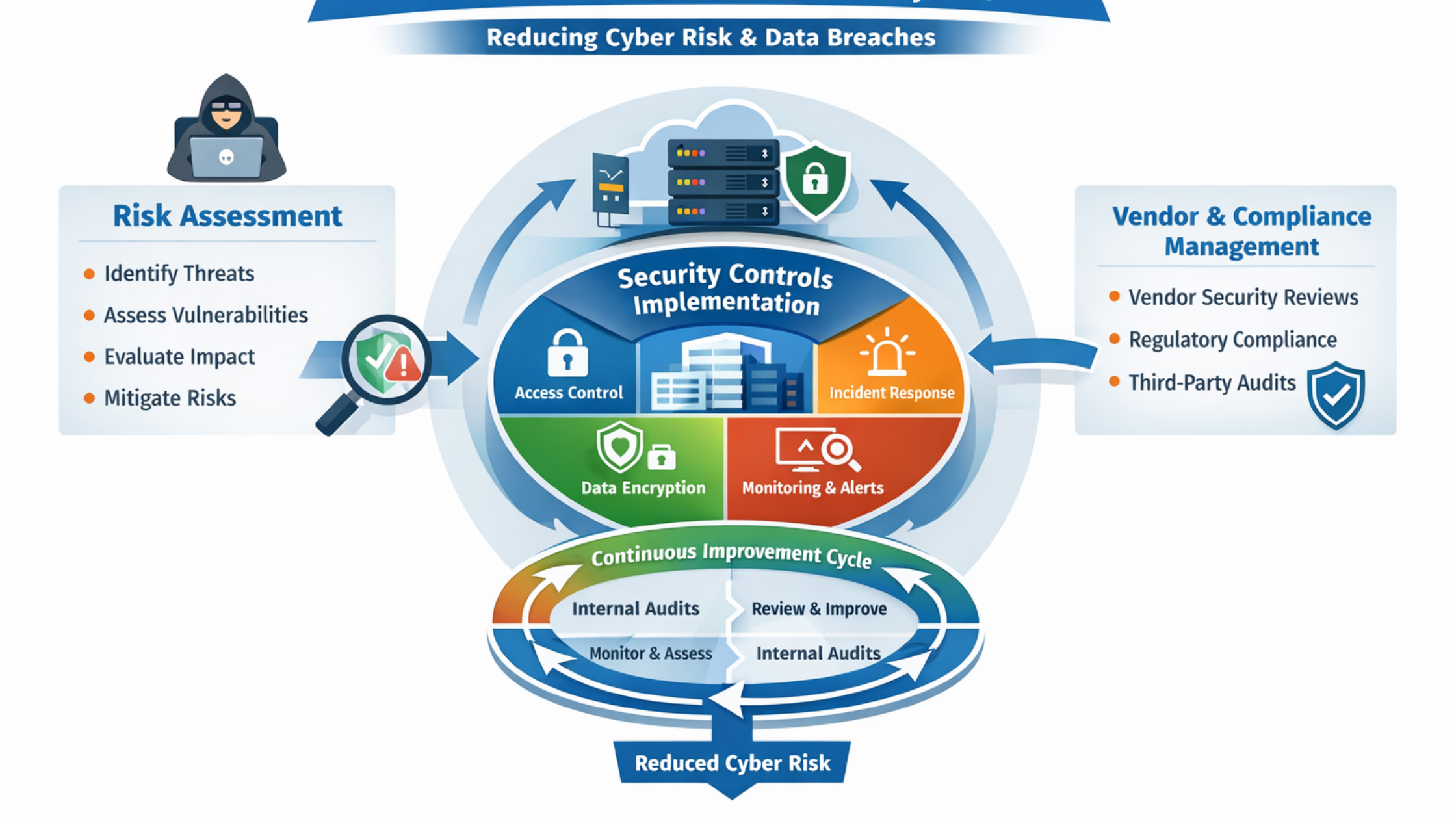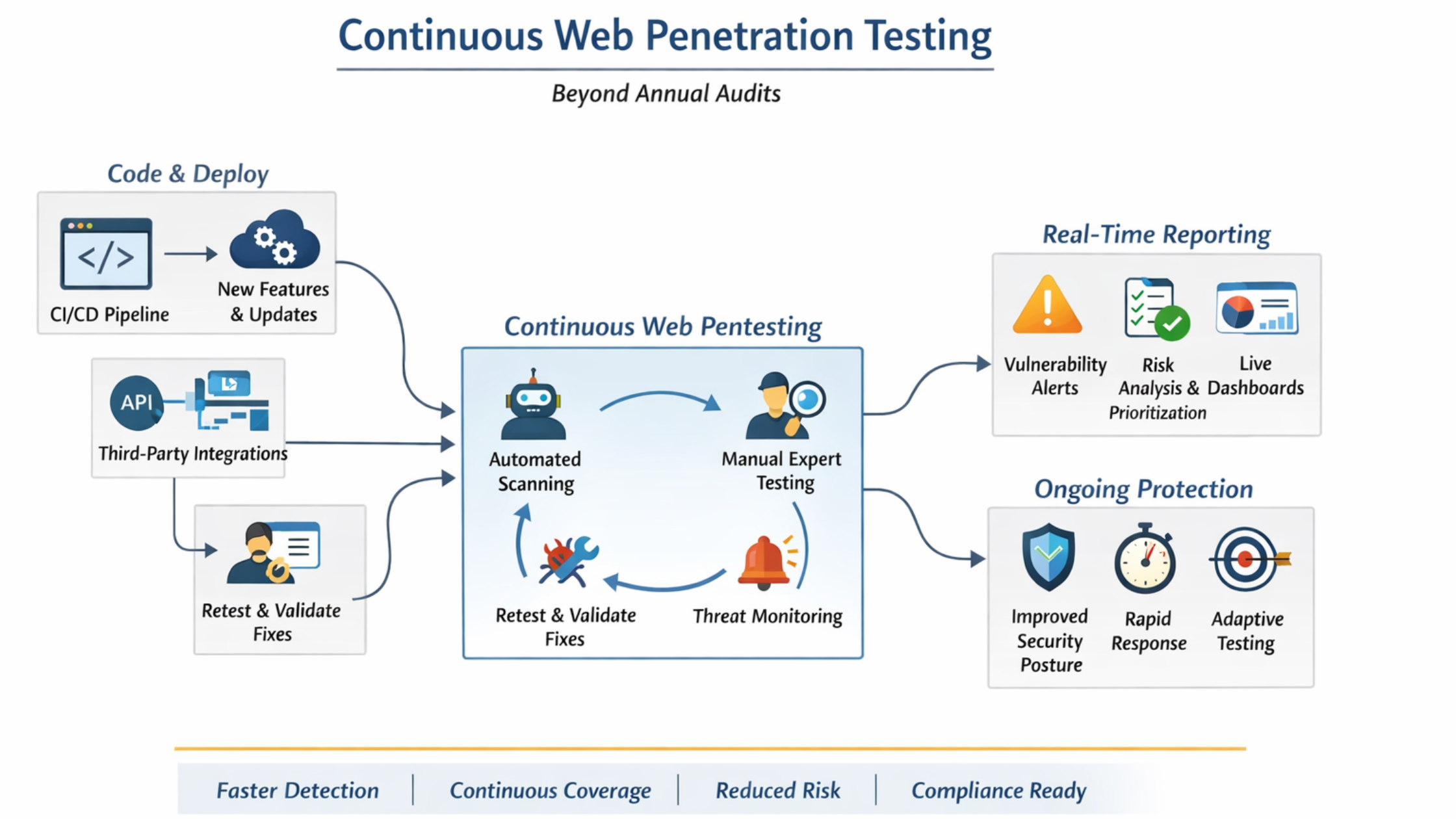How Cloud-Based Solutions Impact PCI DSS Compliance Services in 2025
In 2025, businesses handling payment card data face higher scrutiny and more complex compliance requirements. PCI DSS Compliance Services are now more critical than ever—not only to meet regulatory standards but also to maintain customer trust, protect sensitive information, and ensure smooth operational workflows. Cloud-based solutions have emerged as a transformative force in this space, enabling organizations to implement more efficient, scalable, and secure compliance strategies.
The Evolution of PCI DSS and Cloud Adoption
The Payment Card Industry Data Security Standard (PCI DSS) has evolved significantly, with version 4.0 emphasizing continuous security, risk-based assessments, and performance-based requirements. Organizations migrating to cloud environments encounter both opportunities and challenges in meeting these standards. While cloud service providers (CSPs) handle infrastructure security, businesses remain responsible for securing cardholder data and ensuring all compliance measures are implemented effectively. Understanding the shared responsibility model is fundamental for achieving full compliance in cloud environments.
Cloud adoption has allowed organizations to move away from rigid, on-premise infrastructure toward flexible, scalable platforms. This flexibility improves an organization’s ability to meet PCI DSS standards by providing access to advanced security tools, automated monitoring, and centralized compliance management, all of which significantly reduce operational complexity.
Enhancing Security Posture Through Cloud Technologies
Cloud platforms provide a range of capabilities that strengthen PCI DSS compliance:
- Data Encryption and Tokenization: Sensitive payment card information is encrypted both at rest and in transit. Tokenization further reduces risk by replacing sensitive data with non-sensitive equivalents, limiting exposure in case of breaches.
- Access Control and Multi-Factor Authentication (MFA): Advanced access management ensures that only authorized personnel can access sensitive systems. MFA is essential for reducing the risk of unauthorized access and ensuring compliance with PCI DSS authentication requirements.
- Continuous Monitoring and Logging: Cloud solutions enable real-time monitoring of systems, automated alerting, and detailed logging. These capabilities allow organizations to detect and respond to security incidents quickly, aligning with PCI DSS mandates for event monitoring and logging.
- Automated Vulnerability Management: Cloud platforms support automated vulnerability scanning, patch management, and threat detection. These tools help organizations proactively identify security gaps and ensure that systems remain compliant with evolving PCI DSS requirements.
Streamlining Compliance Processes in the Cloud
Cloud solutions not only enhance security but also simplify compliance management:
- Centralized Compliance Management: Cloud platforms provide centralized dashboards to manage security controls, audit logs, and compliance metrics. This makes tracking compliance status more efficient and reduces the likelihood of oversight.
- Automated Compliance Reporting: Automation reduces manual effort in producing compliance reports. Organizations can generate audit-ready reports on-demand, demonstrating adherence to PCI DSS standards.
- Scalability and Flexibility: Cloud infrastructure allows organizations to scale resources dynamically. As businesses grow, cloud-based systems ensure that compliance measures are consistently applied across all environments without major manual intervention.
Challenges in Cloud-Based PCI DSS Compliance
While cloud solutions offer substantial benefits, organizations must address specific challenges:
- Understanding Shared Responsibility: Misinterpretation of responsibilities between the CSP and the business can create compliance gaps. Organizations must clearly define ownership of each control to avoid vulnerabilities.
- Third-Party Integrations: Many businesses rely on additional software or services integrated into the cloud environment. Each integration must be evaluated for PCI DSS compliance to prevent exposure of cardholder data.
- Data Residency and Sovereignty: Organizations must ensure that data storage and processing comply with jurisdictional regulations. Storing payment data in certain regions can introduce legal risks if not managed carefully.
Future Trends in Cloud-Based PCI DSS Compliance
Several trends are shaping the future of PCI DSS compliance in cloud environments:
- Artificial Intelligence and Machine Learning: AI and ML are increasingly used to detect anomalies, identify potential breaches, and automate compliance verification processes. These technologies help organizations maintain a proactive approach to security and reduce manual oversight.
- Zero Trust Architectures: Implementing a zero trust model ensures that every access request, whether internal or external, is verified before granting system access. This aligns with the principle of least privilege and strengthens PCI DSS security requirements.
- Integration of Compliance into DevOps: Organizations are embedding compliance controls into DevOps pipelines, ensuring that security checks occur during software development and deployment. This reduces the likelihood of non-compliant systems being released into production.
- Cloud-Native Security Tools: Modern cloud platforms now provide security tools that integrate seamlessly into cloud infrastructure. Features like automated threat detection, anomaly analysis, and secure configuration baselines simplify the enforcement of PCI DSS controls.
Key Advantages of Cloud-Based PCI DSS Compliance Services
Adopting cloud solutions for PCI DSS compliance provides multiple advantages:
- Reduced Operational Overhead: Automation, centralized management, and cloud-native security tools reduce the manual effort required for ongoing compliance.
- Rapid Scalability: Cloud infrastructure allows organizations to quickly adjust to business growth or changing compliance requirements without rearchitecting systems.
- Improved Security Posture: Continuous monitoring, encryption, and advanced identity management enhance the overall security environment, lowering the risk of breaches.
- Cost Efficiency: Cloud-based compliance reduces the need for extensive on-premise hardware and personnel, providing a more cost-effective approach to meeting PCI DSS requirements.
- Audit Readiness: Automated logging, reporting, and centralized dashboards make it easier to demonstrate compliance during audits, saving time and reducing audit risk.
Strategies for Maximizing Compliance in Cloud Environments
To achieve robust PCI DSS compliance in 2025, organizations should adopt the following strategies:
- Perform Regular Risk Assessments: Continuous risk evaluation ensures that new threats or changes in the environment are addressed promptly.
- Maintain Clear Documentation: Proper documentation of cloud configurations, access controls, and security procedures is crucial for both compliance audits and internal security.
- Leverage Security Automation: Automated threat detection, patching, and alerting reduce human error and ensure faster response to security incidents.
- Regular Training and Awareness: Ensuring that employees understand cloud security and PCI DSS requirements strengthens organizational compliance culture.
- Engage Expert Consultation: Partnering with experienced compliance and cloud professionals can help navigate complex requirements and avoid common pitfalls.
Conclusion
In 2025, cloud-based solutions are integral to transforming PCI DSS Compliance Services. By offering scalable infrastructure, advanced security capabilities, and automated compliance management, the cloud provides organizations with the tools needed to meet the latest PCI DSS standards efficiently and effectively. While challenges such as shared responsibility, third-party integrations, and regulatory compliance remain, these can be managed through careful planning, strategic use of cloud features, and ongoing monitoring.
Embracing cloud-based PCI DSS compliance not only ensures regulatory adherence but also strengthens overall data security, operational efficiency, and customer trust. Businesses that strategically adopt cloud solutions position themselves to meet evolving compliance standards while optimizing resources and maintaining robust protection of cardholder data.



